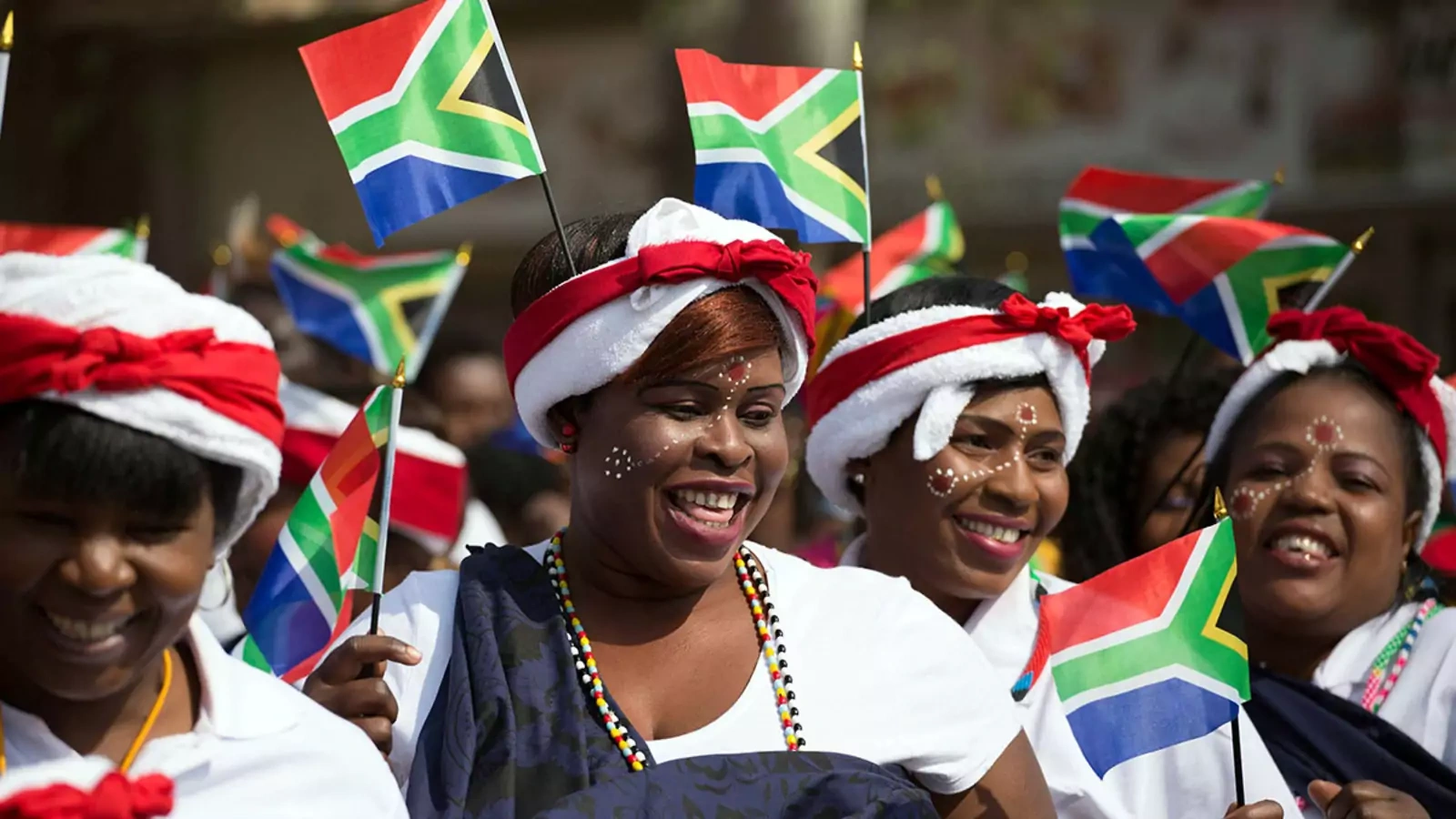English is the most effective one in all 11 professional languages spoken in South Africa. It’s currently the desired language of training and is utilized in a few of the state’s faculties. But maximum children entering the training system aren’t native English speakers, and plenty is still gaining knowledge of English by the point they come at faculty. The primary language of preparation in training influences academic and career progress. Oral language proficiency is a foundational talent required to broaden the ability to examine, which is needed, together with writing, for all sorts of getting to know.
Language use in colleges has been a focus in both countrywide and international studies. It is basically agreed that newbies have to be taught their domestic language. However, many countries retain to sell English coaching, including Kenya, India, and South Africa. The conflict between what’s being carried out in faculties and recommended using the to-be had unresolved studies. A robust frame of labor suggests that getting to know issues can develop if the language wherein a baby has oral skillability isn’t always similar to training. As a result, policymakers in most nations now advise home language instruction for the primary years of training. Then a sluggish transition to any other language may be made.

Therefore, designing and implementing schooling language coverage is necessary to apprehend peoples’ preferences. We got down to find out what those are in South Africa. We tested public attitudes toward the main language of instruction at special tiers within the South African training device. Preferences for the language of preparation at one-of-a-kind tiers of education were examined for the period 2003–2016, and this allowed us to map any changes in mindset. We located that most of the populace favored English because of guidance at all ranges of schooling. But the policy gained’t be successful unless there’s buy-in from the majority. Obviously, humans are unaware of the advantages of home language training and might withstand efforts to promote the coaching of African languages in South African colleges.
The studies
We used facts from the South African Social Attitudes Survey for this to have a look at. The survey series is a national consultant and is used to music public attitudes on crucial social and political troubles. The collection is run by the Human Sciences Research Council and conducted annually on account of 2003. In each round of the survey, humans had been asked: “What do you watch should be the primary language of instruction in (1) grade 1–three; (2) grade 4–9; (three) grade 10–12; and (four) higher training?”
In 2003 approximately 1/2 (fifty-five %) of the populace favored English because the language of education in opposition to about -fifths (41%) selected home language at the musing phase (grades 1-three). Thirteen years later, popular aid for English because the language of guidance for the duration of the foundational phase had long gone as much as 65% – the very best stage given that polling commenced. The most recent survey, the effects of which have not yet been posted, determined little alternate in 2018.
The choice for English extended into later years of schooling too. In fact, we observed that the wide variety of humans supporting English rose the better up the training ladder went. In different words, the more superior the phase of education, the smaller the percentage of the general public supporting options apart from English. There was a remarkable little variant in attitudes for the last decade indicating the durability of those options. And over the 10 years, attitudes amongst South Africa’s populace companies remained very comparable.
The quality way ahead
Preference for English over domestic language can be encouraged using monetary issues. Research has proven that English talent in South Africa is connected to socio-financial development. Another reason for recognizing English as a guidance language could be the overall loss of school assets and schooling required for educators to train in most of u. S. A .’s African languages. Compared to other languages, greater resources are committed to assisting instructors in training inexperienced English speakers. The disparity in resources should, in turn, beef up the view that English is superior to African languages.
What next
We trust that publish-colonial schooling guidelines have to nurture multilingualism and promote all languages. This will require a properly resourced program to overcome common misconceptions approximately the alleged inferiority of African languages. The improvement of compelling teaching materials for African languages is required and educating teachers on using such substances. Although there can be competition from a few, rookies will, in the long run, advantage from the sort of program. The government is shifting on this course. The Department of Basic Education recently released the Incremental Implementation of African Languages program, which aims to bolster African language coaching in South African schools.
